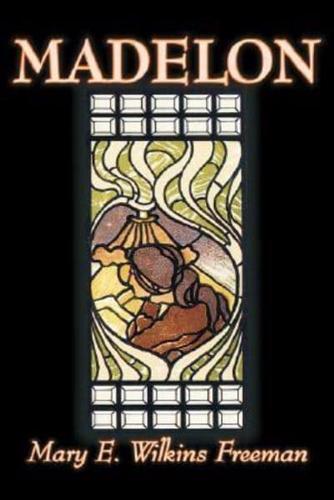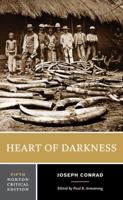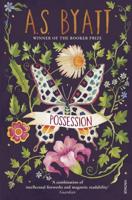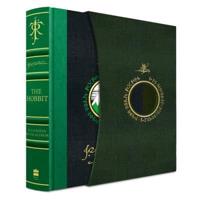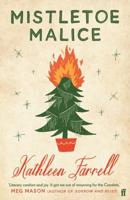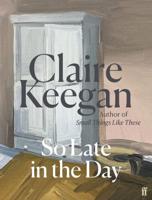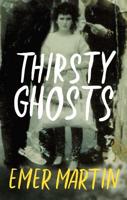Publisher's Synopsis
Mary Eleanor Wilkins Freeman was a prominent nineteenth-century American author. She was born in Randolph, Massachusetts, and attended Mount Holyoke College and West Brattleboro Seminary. Freeman began writing stories and verse for children while still a teenager to help support her family. She produced more than two dozen volumes of published short stories and novels. She is best known for two collections of stories, A Humble Romance and Other Stories (1887) and A New England Nun and Other Stories (1891). Her stories deal mostly with New England life. Freeman is also remembered for her novel Pembroke (1894). In April 1926, Freeman became the first recipient of the William Dean Howells Medal for Distinction in Fiction from the American Academy of Arts and Letters.
In Madelon, Mrs. Freeman presents a romantic triangle, with a girl who has French and Indian blood is loved by two cousins, Lot and Burr. Madelon loves Burr, but Burr is unable to admit his feelings, and believes he loves Dorothy Fair. Events leave Burr imprisoned unjustly, Lot gravely wounded and in danger of dying, and Madelon willing to doom herself to save Burr. Madelon was adapted as a film called False Evidence in 1919.
